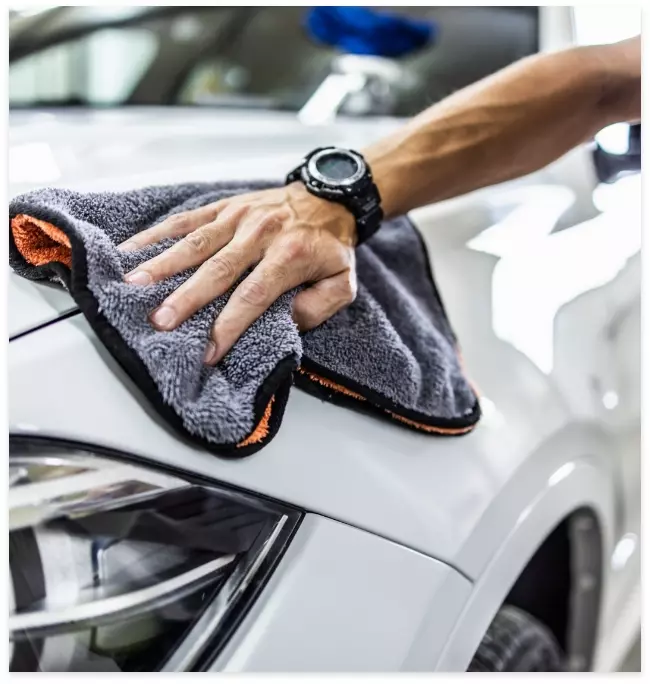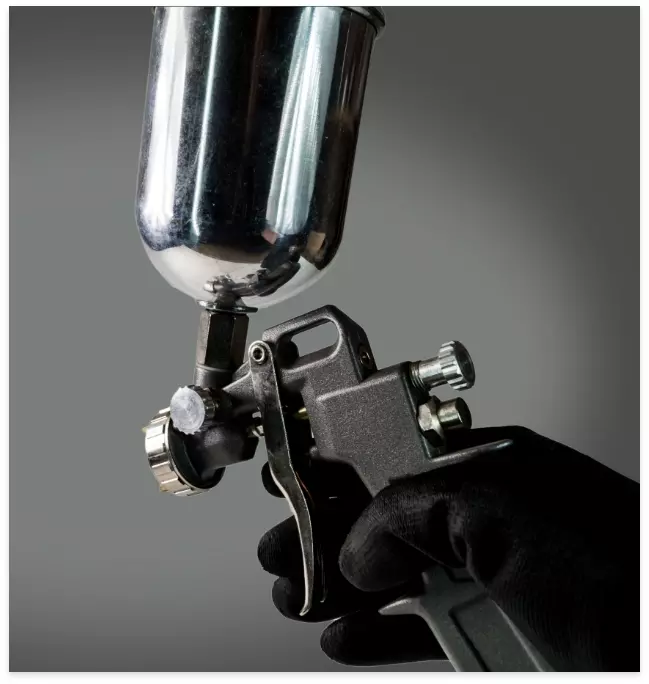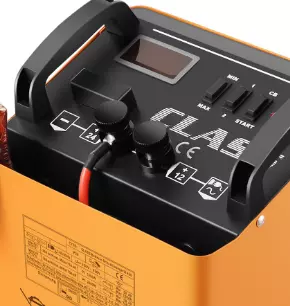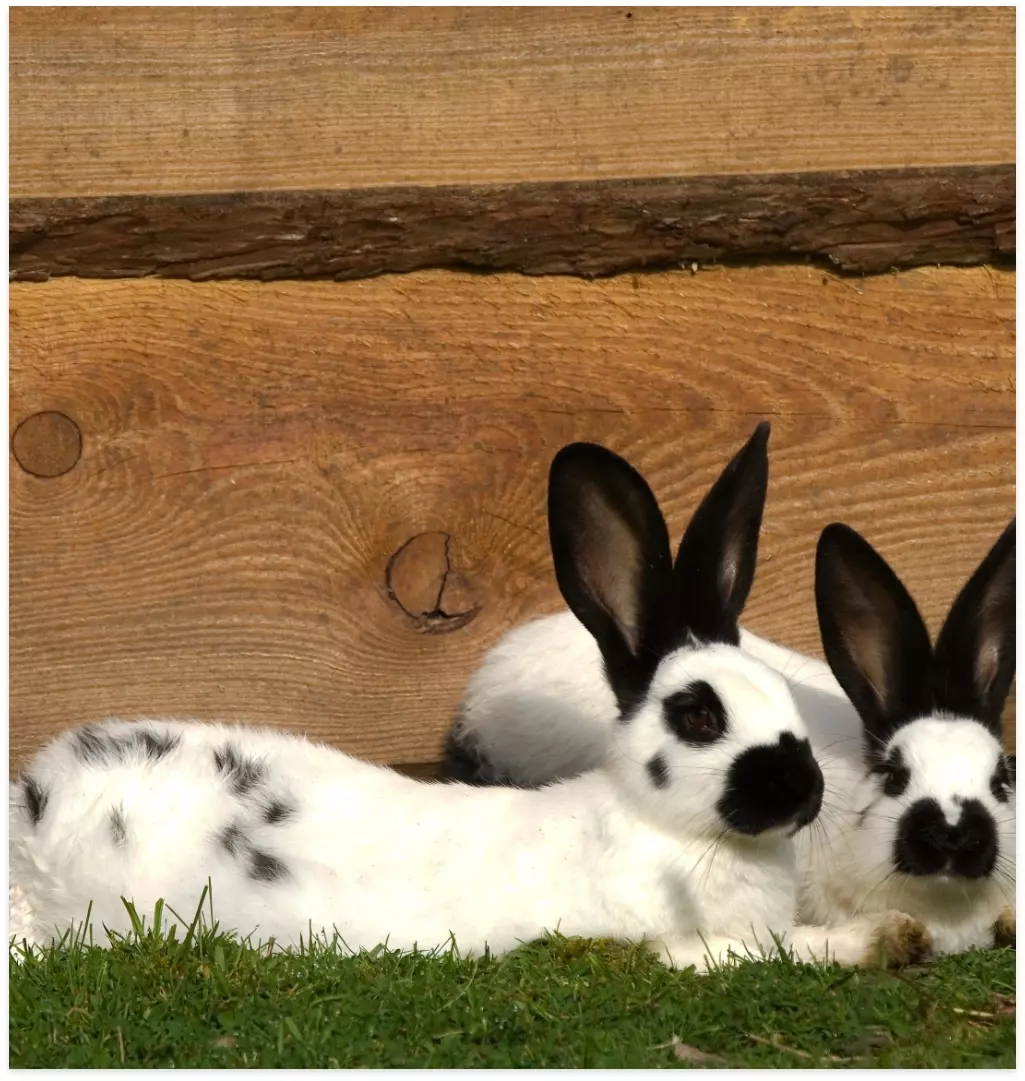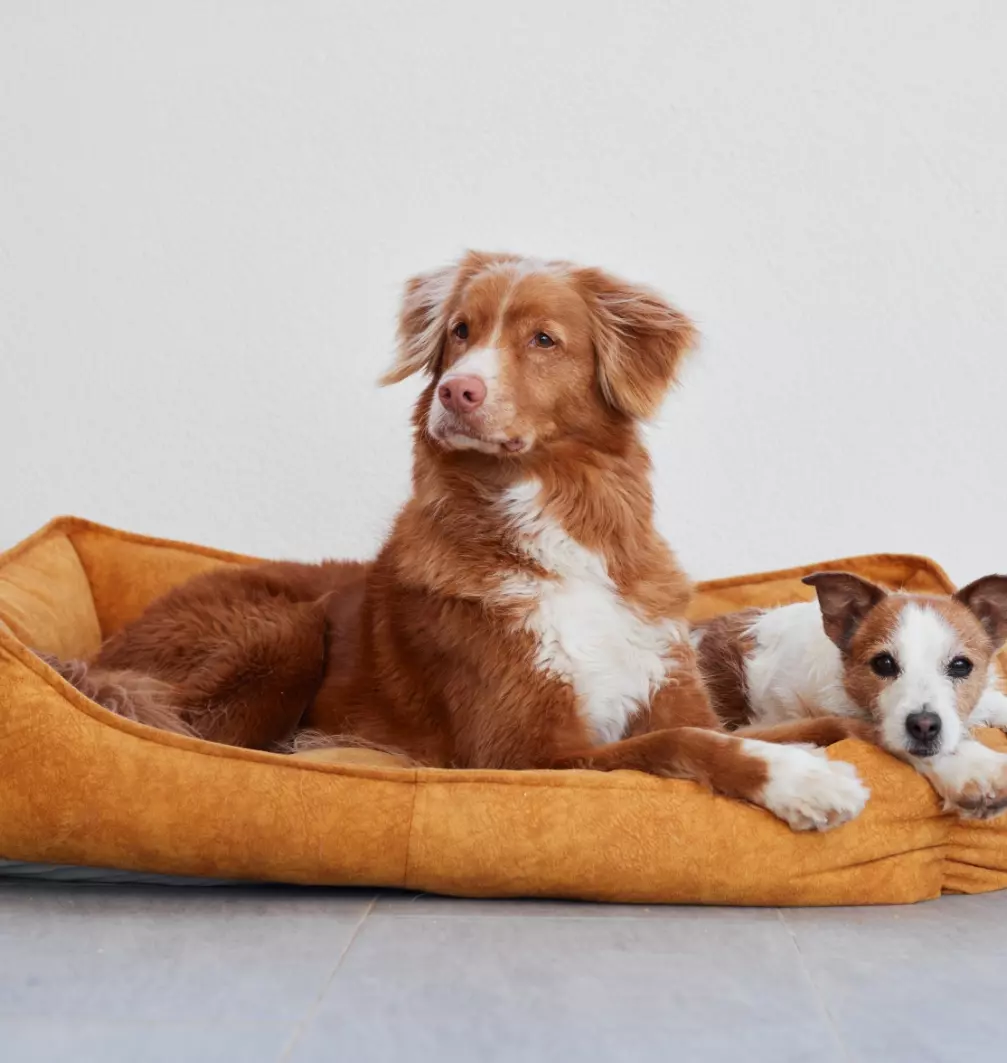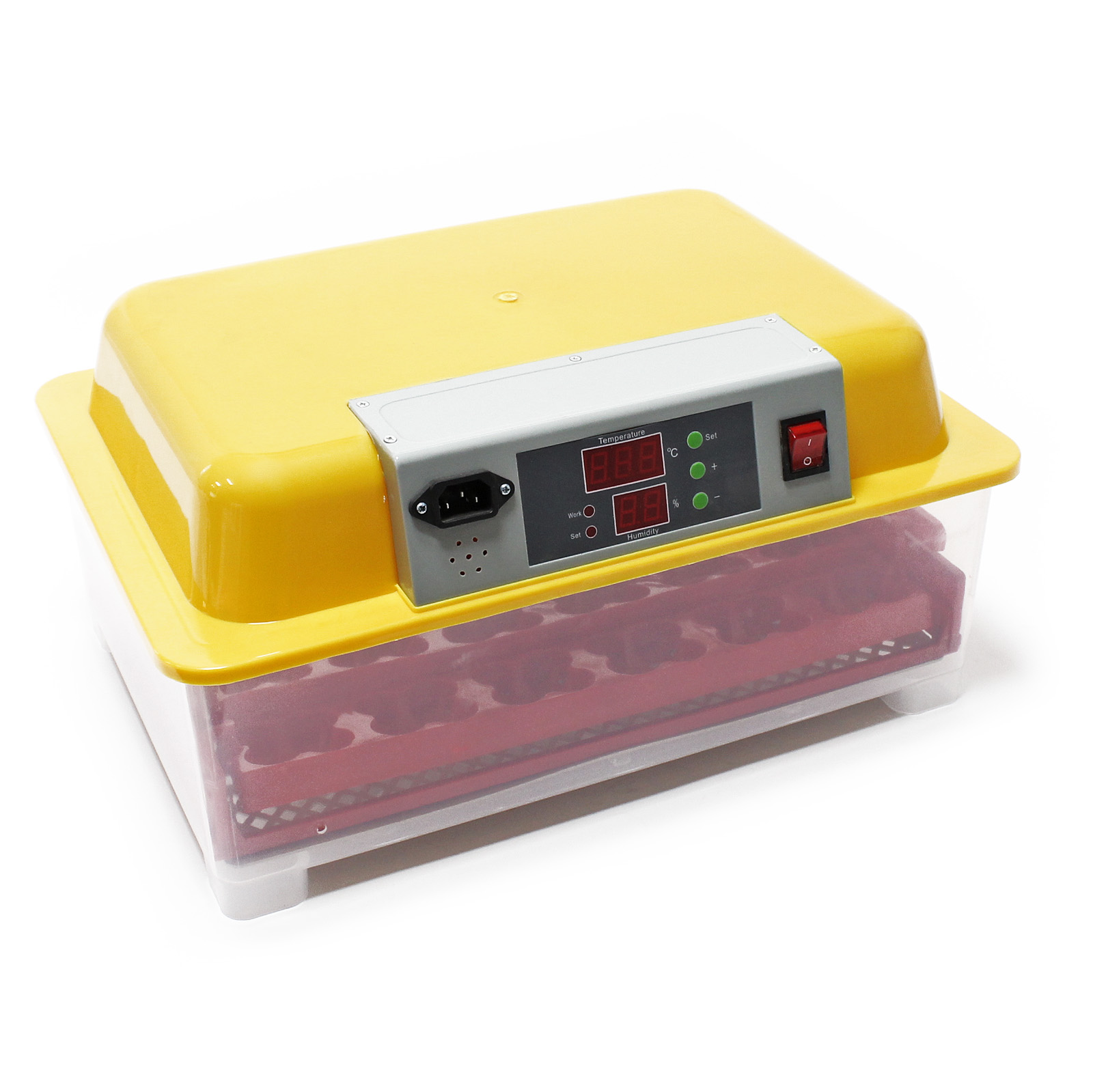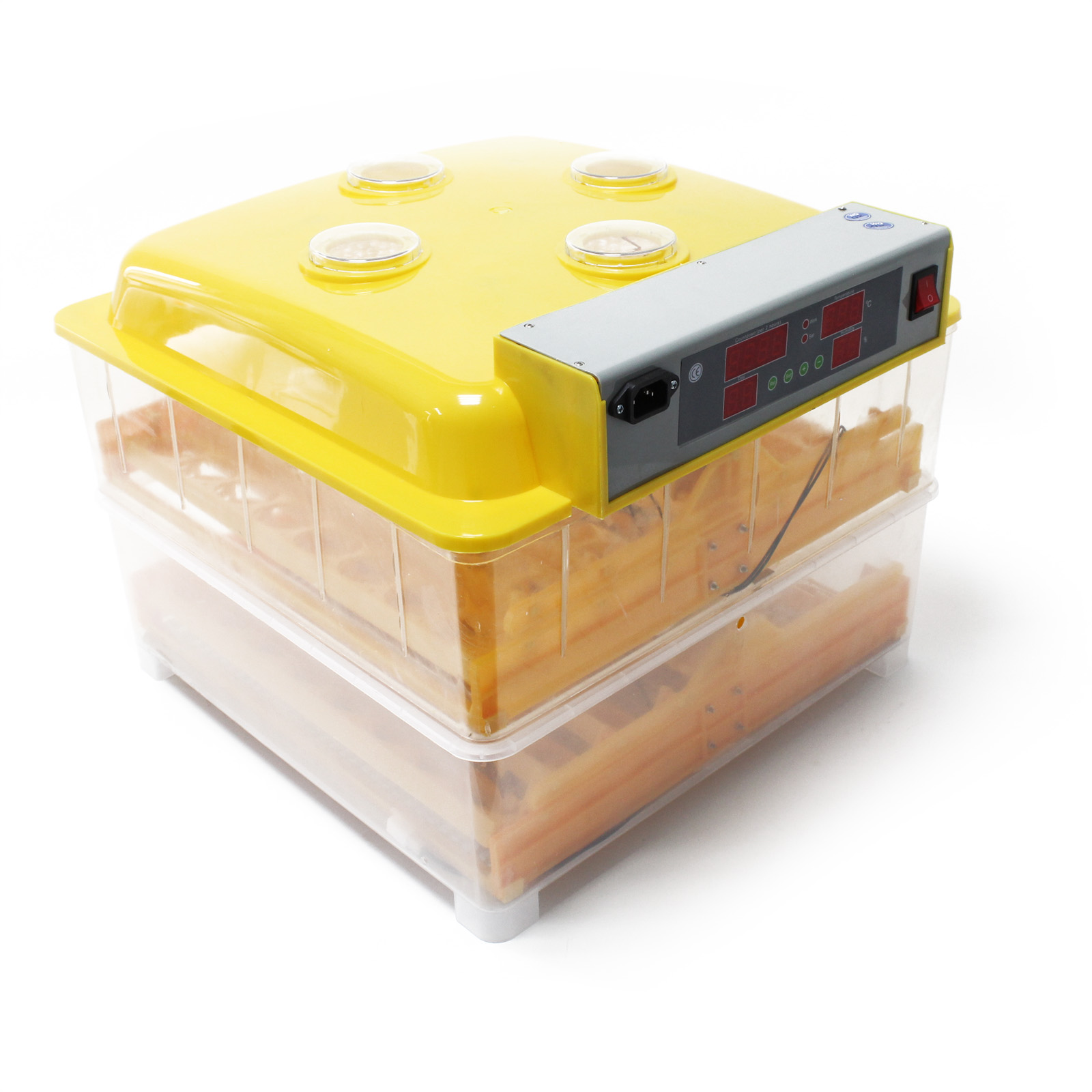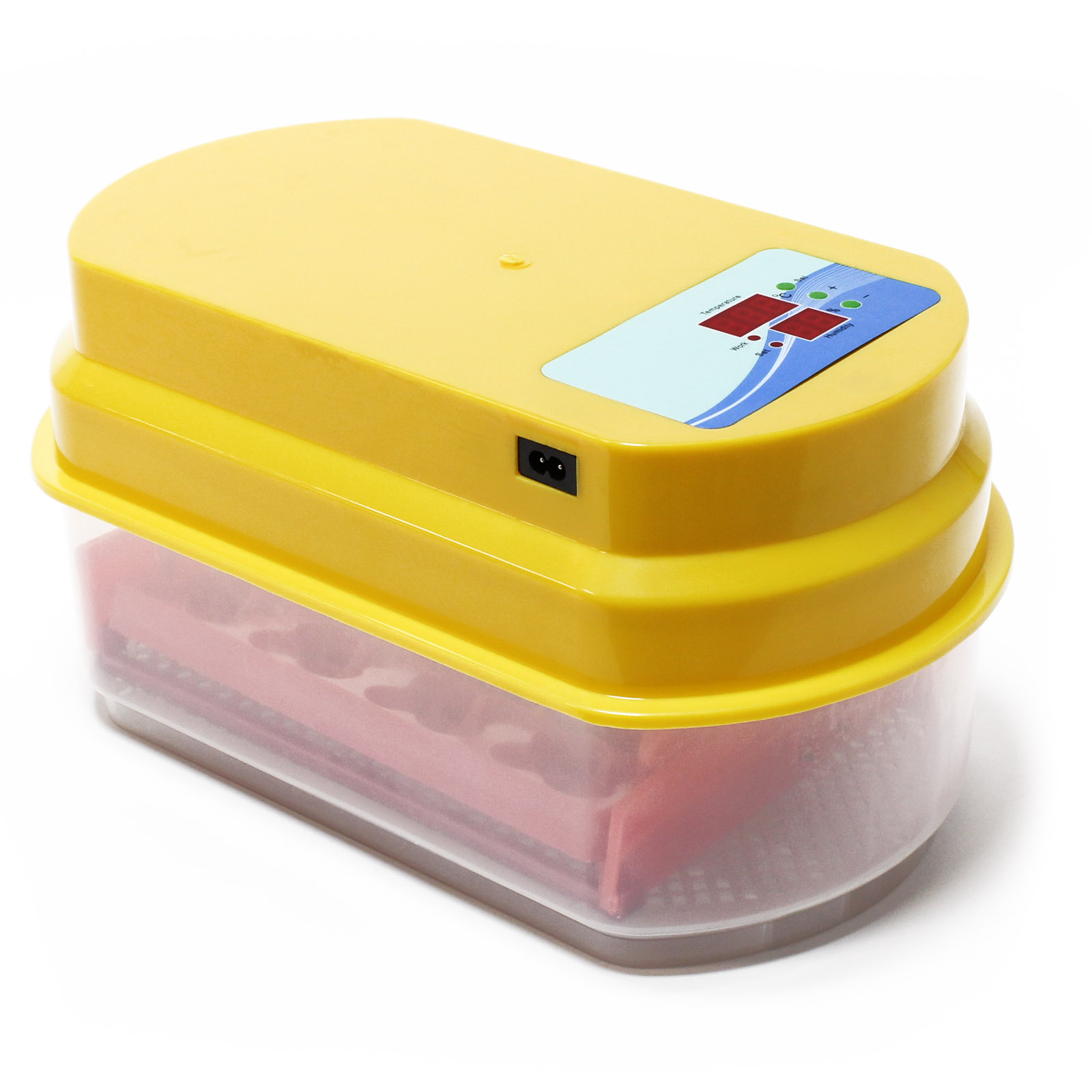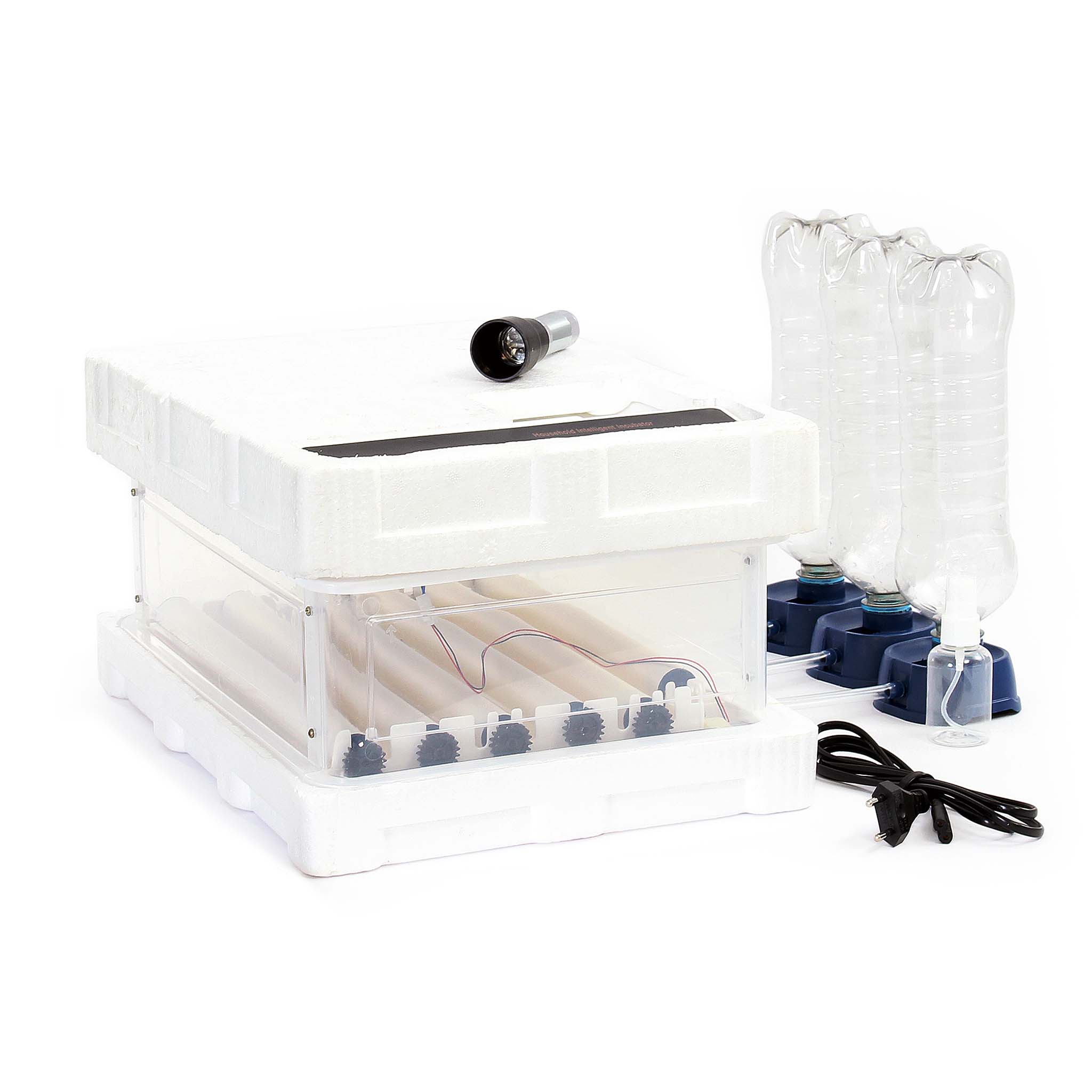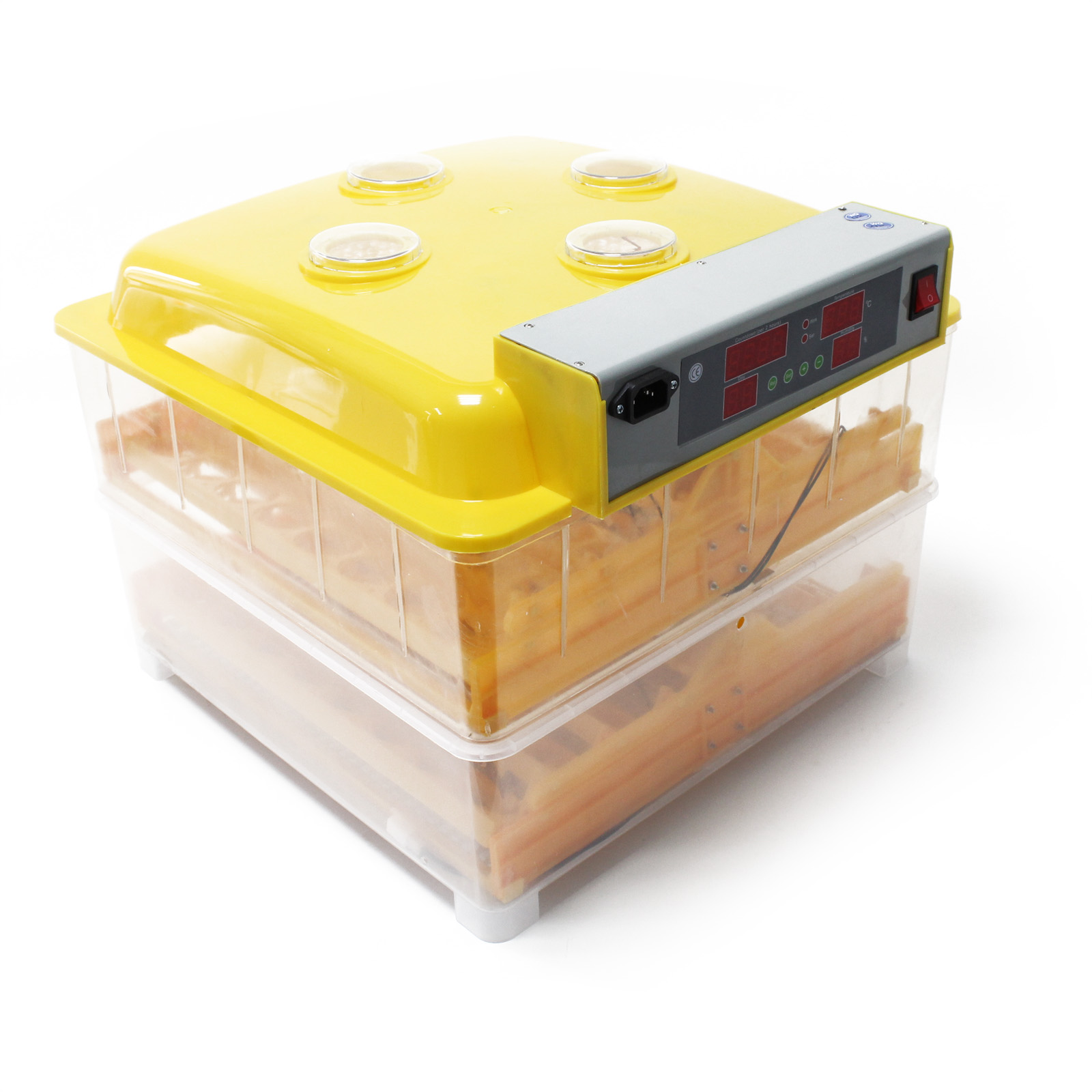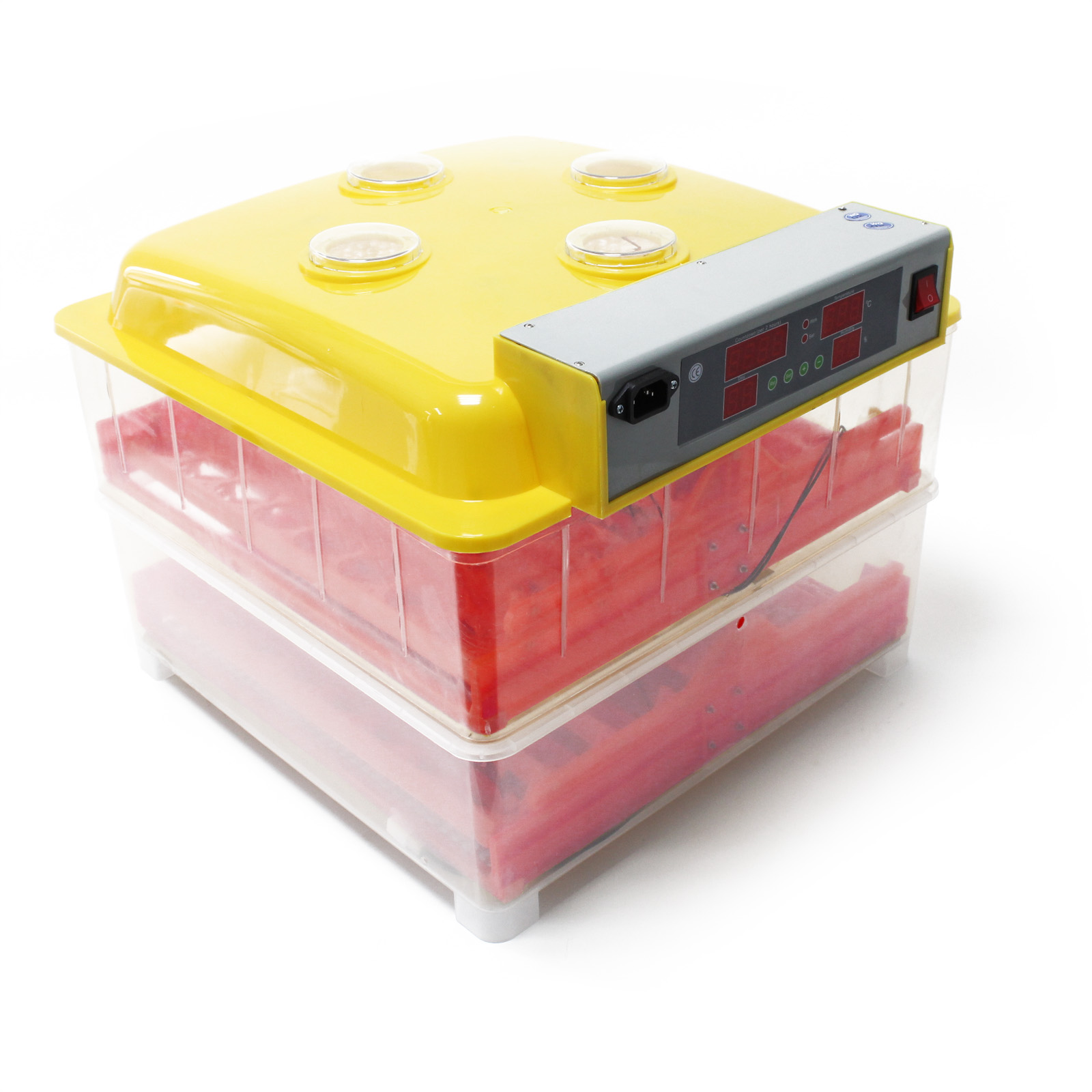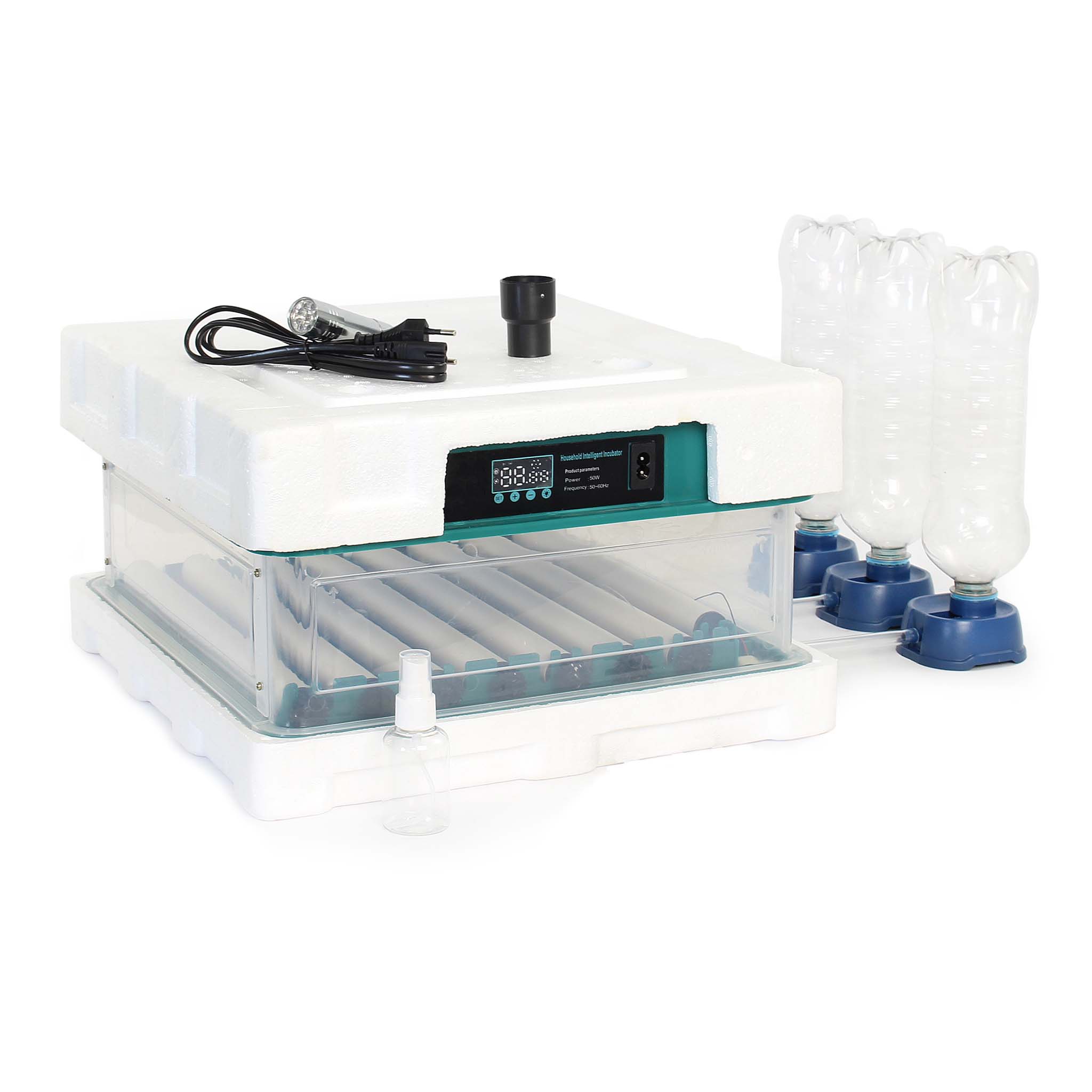Available, delivery time: 2 - 3 days
• Fully automatic turning system
• Regulation of temperature & moisture
• Temperature & heating periods display by LED
• Fan providing for air circulation
Available, delivery time: 2 - 3 days
• Fully automatic turning system & hygrometers
• Regulation of temperature & moisture
• 4 LED status displays & 4 observation windows
• 140 mm fan providing for air circulation
Available, delivery time: 2 - 3 days
• Fully automatic egg turner system
• Automatic temperature control
• LED displays
• Automatic regulation of humidity
• Plastic material
Available, delivery time: 2 - 3 days
• Fully automatic turning system
• Regulation of temperature & moisture
• Temperature & heating periods display by LED
• Fan providing for air circulation
Available, delivery time: 2 - 3 days
• With turning motor and adjustable roller egg tray
• Smart air-humidity regulation system
• Screen for display and control of temperature
• With battery cable for emergency power supply in case of a blackout
Available, delivery time: 2 - 3 days
• Fully automatic turning system
• Regulation of temperature & moisture
• Temperature & heating periods display by LED
• Fan providing for air circulation
Available, delivery time: 2 - 3 days
• Fully automatic turning system
• Regulation of temperature & moisture
• 4 LED status displays & 4 observation windows
• 140 mm fan providing for air circulation
Available, delivery time: 2 - 3 days
• Fully automatic egg turner system
• Automatic temperature control
• LED displays
• Automatic regulation of humidity
• Plastic material
Available, delivery time: 2 - 3 days
• With turning motor and adjustable roller egg tray
• Smart air-humidity regulation system
• Screen for display and control of temperature
• With battery cable for emergency power supply in case of a blackout
Automatische Brutmaschinen für Geflügelzucht
Automatische Brutmaschinen sind ein entscheidendes Element in der modernen Geflügelzucht. Diese Geräte, auch bekannt als vollautomatische Brutmaschinen oder vollautomatische Brutapparate, spielen eine zentrale Rolle bei der erfolgreichen Vermehrung von Geflügel.
Die Zeiten, in denen die Zucht von Tieren mühsame Handarbeit erforderte, gehören dank vollautomatischer Brutmaschinen der Vergangenheit an. Diese fortschrittlichen Brutautomaten bieten nicht nur den Vorteil der automatischen Ei-Drehung, sondern gewährleisten auch eine präzise Temperatur- und Feuchtigkeitskontrolle. Dadurch wird eine optimale Umgebung für die Entwicklung der Eier geschaffen, was zu einer höheren Schlupfquote führt.
Die vollautomatischen Brutmaschinen ermöglichen es, größere Mengen von Eiern gleichzeitig zu inkubieren, was nicht nur die Effizienz, sondern auch die Rentabilität Ihrer Geflügelzucht steigert. Darüber hinaus sind diese Geräte vielseitig einsetzbar und eignen sich nicht nur für Geflügeleier, sondern auch für die Brut von Reptilieneiern.
Bei Wiltec finden Sie hochwertige Brutautomaten, die den Anforderungen der modernen Geflügelzucht gerecht werden. Entdecken Sie die Zukunft der Ei-Inkubation und steigern Sie die Effizienz Ihrer Zuchtoperation mit unseren vollautomatischen Brutmaschinen.

Hühner Brutautomat zur Vermehrung Ihrer Tiere
Ein Hühner Brutautomat ist ein unverzichtbares Werkzeug für jeden, der in die Hühnerzucht einsteigt oder seine Geflügelbestände erweitern möchte. Dieser vollautomatische Brutautomat, auch bekannt als Brutkasten für Hühner, bietet die ideale Lösung für die erfolgreiche Vermehrung Ihrer Tiere.
Für Züchter ist ein Brutautomat von unschätzbarem Wert, da er die Schlupfrate optimiert und den Inkubationsprozess vereinfacht. Die präzise Steuerung von Temperatur und Feuchtigkeit schafft optimale Bedingungen für die Entwicklung der Eier, was zu gesunden und lebensfähigen Küken führt. Dieser Brutautomat ist besonders für Geflügelzüchter interessant, die größere Mengen von Eiern gleichzeitig inkubieren möchten.
Eier werden platziert, die Maschine sorgt für die nötige Wärme und Feuchtigkeit, und der Rest geschieht automatisch. Vorkenntnisse sind nicht zwingend erforderlich, da moderne Brutautomaten benutzerfreundlich gestaltet sind.
Ein weiterer Pluspunkt ist, dass Brutautomaten nicht teuer sein müssen.
Wiltec bietet ein großes Sortiment von qualitativ hochwertigen Brutautomaten zu erschwinglichen Preisen an.
Für große Serien
Für diejenigen, die in größerem Maßstab in die Geflügelzucht einsteigen möchten, ist der Kauf einer Brutmaschine unverzichtbar. In unserem Onlineshop bieten wir Ihnen ein breites Sortiment an Brutkästen für Eier und eine Vielzahl von Optionen für die Aufzucht großer Serien von Geflügel. Mit verschiedenen Behältergrößen und Ausführungen ermöglichen unsere Brutmaschinen eine effiziente Inkubation und maximale Schlupfergebnisse.
Die Brutmaschinen sind nicht nur aufgrund ihrer Größe, sondern auch ihrer Vielseitigkeit ideal für die private Nutzung geeignet. Ob Sie nun in die professionelle Geflügelzucht einsteigen oder Ihre bestehende Herde erweitern möchten, unsere Brutmaschinen sind darauf ausgelegt, Ihren Bedürfnissen gerecht zu werden.
Die verschiedenen Ausführungen und Materialien, aus denen unsere Brutmaschinen bestehen, ermöglichen es Ihnen, das Modell auszuwählen, das am besten zu Ihren Anforderungen passt. Die einfache Handhabung und die präzise Steuerung von Temperatur und Luftfeuchtigkeit machen den Brutmaschinenkauf zu einer lohnenden Investition für jeden, der auf größere Serien in der Geflügelzucht setzt.

Auch für Reptilieneier geeignet

Unsere Brutkästen sind auf die Aufzucht von Geflügel spezialisiert und eignen sich auch hervorragend für die Inkubation von Reptilieneiern. Wenn Sie einen Brutkasten kaufen möchten, der vielseitig einsetzbar ist, um Ihre Reptilienzucht zu unterstützen, sind Sie bei Wiltec genau richtig.
Beim Kauf eines Brutkastens für Wachteln oder Reptilien ist es wichtig, die richtige Größe und die jeweiligen Bruttemperaturen zu berücksichtigen. Unsere Modelle bieten eine präzise Temperaturkontrolle, um optimale Inkubationsbedingungen zu gewährleisten. So können Sie sicherstellen, dass Ihre Reptilieneier unter optimalen Bedingungen schlüpfen.
Die Vielseitigkeit unserer Brutkästen erstreckt sich über verschiedene Reptilienarten, und wir bieten Modelle an, die speziell auf die Bedürfnisse unterschiedlicher Arten zugeschnitten sind. Egal, ob Sie sich um Eier von Schlangen, Eidechsen oder anderen Reptilien kümmern – unsere Brutkästen unterstützen Sie bei der erfolgreichen Inkubation.
Investieren Sie in die Zukunft Ihrer Reptilienzucht, indem Sie einen qualitativ hochwertigen Brutkasten kaufen. Mit präziser Temperaturkontrolle und der richtigen Größe bieten unsere Brutkästen die ideale Umgebung für das Schlüpfen gesunder und lebensfähiger Nachkommen.
Vorteile von vollautomatischen Brutautomaten

Präzise Temperaturkontrolle

Automatische Ei-Drehung

Hohe Schlupfrate

Effiziente Inkubationsprozesse
Brutbedingungen im Überblick
Brutbedingungen sind entscheidend für eine erfolgreiche Inkubation. Mit dem Kauf einer automatischen Brutmaschine wird die elektronische Steuerung zum Schlüssel für optimale Brutbedingungen. Die Möglichkeit, die Solltemperatur präzise zwischen 25 und 39,5 °C einzustellen, gewährleistet eine ideale Umgebung für die Entwicklung der Eier.
Die richtige Temperatur ist von grundlegender Bedeutung, da sie den Entwicklungsprozess der Embryonen beeinflusst. Ein präzises Brutgerät stellt sicher, dass die Temperatureinstellungen genau eingehalten werden, was zu einer hohen Schlupfrate und gesunden Nachkommen führt.
Zusätzlich sollte die Luftfeuchtigkeit während der Inkubation bei etwa 50 % liegen, um optimale Brutbedingungen zu schaffen. Tägliche Kontrollen sind unerlässlich, um sicherzustellen, dass die Umgebung stabil bleibt. Ein weiterer wichtiger Aspekt ist das regelmäßige Nachfüllen des Vorratsbehälters mit frischem Wasser, um die Luftfeuchtigkeit aufrechtzuerhalten.
Insgesamt ermöglicht ein automatischer Brutautomat ein präzises Management der Brutbedingungen, was zu gesunden Küken führt. Kaufen Sie in unserem Wiltec-Onlineshop einen hochwertigen Brutautomaten, um optimale Brutbedingungen zu gewährleisten.

Ersatzteile online kaufen
Das Online-Kaufen von Ersatzteilen für Ihre Brutmaschine für Wachteln ist der Schlüssel, um die Effizienz Ihrer Zuchtanlagen aufrechtzuerhalten. Ersatzteile bieten die Möglichkeit, den Einsatz für eine höhere Eieranzahl zu erweitern und dienen zusätzlich der regelmäßigen Wartung und Reparatur.
Ein entscheidender Vorteil des Online-Einkaufs von Ersatzteilen bei Wiltec besteht darin, dass Sie schnell und unkompliziert die benötigten Komponenten erhalten können. Dies gewährleistet eine minimale Ausfallzeit Ihrer Brutmaschine.
Mini-Lüfter sind ein Beispiel für wichtige Ersatzteile, die zur Belüftung und Temperaturkontrolle beitragen. Der schnelle Online-Kauf solcher Teile ermöglicht es Ihnen, die Funktion Ihrer Brutmaschine aufrechtzuerhalten.
Darüber hinaus sind Schierlampen als Ersatzteil erhältlich, um die Entwicklung der Embryonen zu überwachen. Die Verfügbarkeit dieser Ersatzteile in unserem Onlineshop erleichtert die Pflege Ihrer Brutmaschine erheblich und trägt dazu bei, dass Ihre Zuchtoperation reibungslos und erfolgreich verläuft.
Zusammenfassung
Der Brutkasten für Hühner, auch als Brutapparat bekannt, ist ein unverzichtbares Instrument für die erfolgreiche Geflügelzucht. Dieser innovative Brutapparat ist nicht nur für Hühner, sondern auch für verschiedene Geflügeltiere geeignet. Zudem erweist sich der Brutapparat als nützlich für die Inkubation von Reptilieneiern.
Beim Kauf eines Brutapparats steht Züchtern eine große Auswahl zur Verfügung. Diese reicht von unterschiedlichen Behältergrößen bis hin zu verschiedenen Ausführungen und Materialien, um den spezifischen Anforderungen gerecht zu werden. Egal, ob Sie eine kleine private Zucht betreiben oder in größerem Maßstab arbeiten – der passende Brutapparat ist online bei Wiltec verfügbar.












